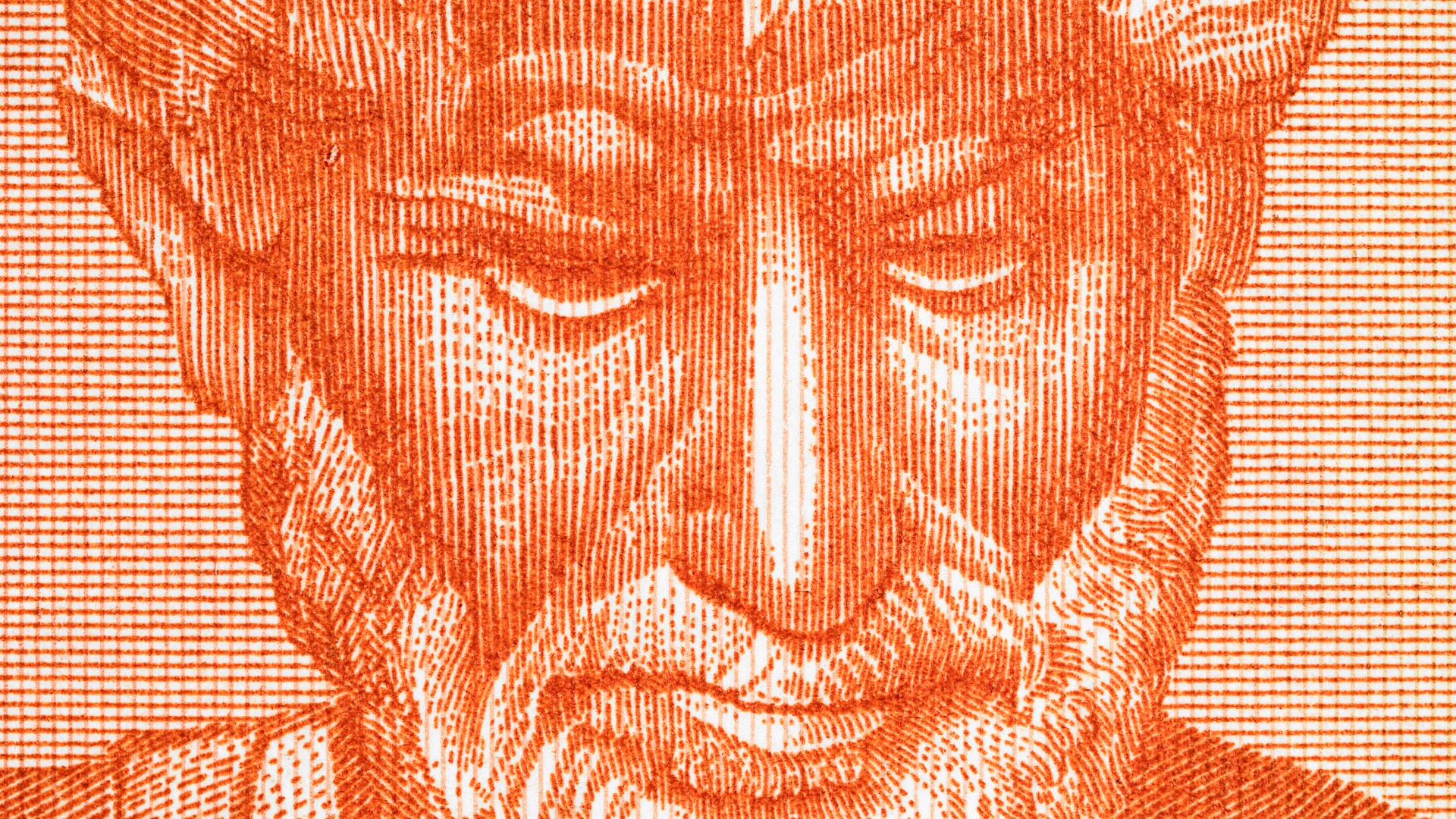Paul Krugman answers what history can teach us about bailouts and how they can be best achieved.
Paul: Oh, that’s not so easy. I mean, there’s a… Bailing out, what you really don’t want to be doing is doing bailouts when it’s entirely problems that are idiosyncratic to the industry, and you can argue very much that the Chrysler bailout was, you know, this wasn’t a problem with the US economy. It was a problem with Chrysler, and while it would have been painful, it probably would have been better to let it go. Much… But when you’re… The reason why bailouts are a thing to do right now is that we have this aggregate problem. It’s hitting the whole economy, and we have a lot of institutions that are in structural, in structurally important positions, where they’re… Well, Lehman, you know, you can… Actually, on the day after Lehman was allowed to fail, there were a lot of people, a lot of commentary, particularly from people on the conservative side talking about what a great thing Paulson had done by letting this, you know, letting the market work, showing that Uncle Sam won’t bail you out if you’re doing bad behavior, and then it turned out that Lehman’s failure led to a paralysis of financial markets around the world, that it was too strategic. The other thing, I think, I want to say, is you are never, you never want to bail out the stockholders, that we’re not in the business of protecting people who made knowingly risky investments, namely equity, from the consequences of those investments going bad. We are talking about keeping necessary institutions in being, but we’re not talking about making sure that people don’t lose money.






